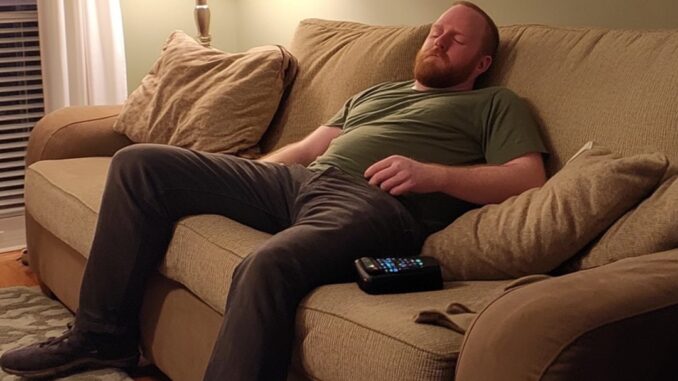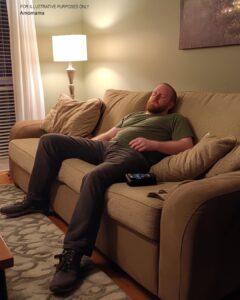
Six months postpartum and overwhelmed with baby duties, I was already exhausted from the constant cycle of feeding, diapering, and laundry. Babies go through more clothes than you can imagine, and I was washing loads of tiny clothes daily.
When our washing machine broke, I thought it was an urgent issue. I told my husband, Billy, we needed to replace it. But instead of offering a solution, he casually shrugged and said, “Not this month. Maybe next month when I get paid.” I was stunned.
“Billy, I can’t wait three weeks without a washing machine. The baby’s clothes need to be cleaned every day,” I said, worried.
He then explained that he’d promised to pay for his mom’s vacation that month. She’d been “babysitting” for us, but honestly, she’d only visited once a month, watched TV, and napped. It was far from actual babysitting.
I was upset. “Your mom doesn’t babysit—she visits,” I argued.
Billy insisted it was important to give her a break, and then dropped the bomb: “Can’t you just wash everything by hand for now? People did it for centuries.”
I couldn’t believe it. I was already drowning in chores, sleep-deprived and physically worn out, and now he wanted me to wash everything by hand?
I reluctantly agreed. I started hand-washing the clothes, starting with baby items in the bathtub, but soon my back ached and my fingers were raw. I had towels and bedsheets waiting, and Billy didn’t notice the toll it was taking on me.
When he came home, he kicked off his shoes, ate the dinner I made, and stretched out on the couch, oblivious to my pain. One night, after I’d finished another round of laundry, my hands were swollen, and I collapsed next to him. He barely noticed.
That’s when I decided something had to change. If Billy didn’t understand how exhausting my work was, maybe he needed to feel inconvenienced himself. So, I packed his lunch as usual—but instead of food, I filled his lunchbox with stones. I added a note: *“Men used to get food for their families themselves. Go hunt your meal, make fire with stones, and fry it.”*
I kissed him goodbye, and waited. At lunchtime, Billy stormed in, furious. “What the hell have you done?!” he yelled. He opened the lunchbox to find the rocks, then read the note aloud. He was humiliated, especially since he had to explain it to his coworkers.
“I told you, Billy,” I said, “I can’t go three weeks without a washing machine. You wanted me to live like a 19th-century housewife. Well, I gave you a taste of it.”
He called it childish, but I didn’t back down. I reminded him that I had tried to talk to him, but he didn’t listen. “You thought I’d just do all the work while you sat on the couch, didn’t you?”
Billy didn’t have a good response. Finally, he muttered, “I get it.” But I wasn’t sure if he truly understood. He seemed guilty but didn’t fully acknowledge how hard it had been for me.
“I’m not a servant, Billy. And I’m sure as hell not your mother,” I told him.
The rest of the evening was tense, and Billy sulked. But at least I knew that I’d made my point clear. If he ever put his mom’s needs over mine again, he’d have to learn how to start a fire with those rocks.
